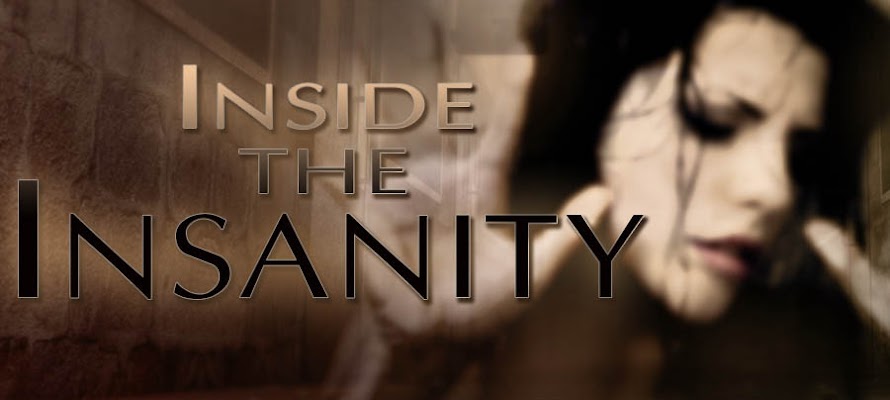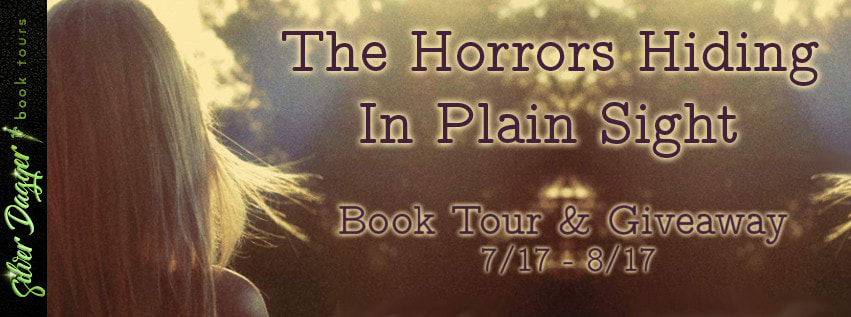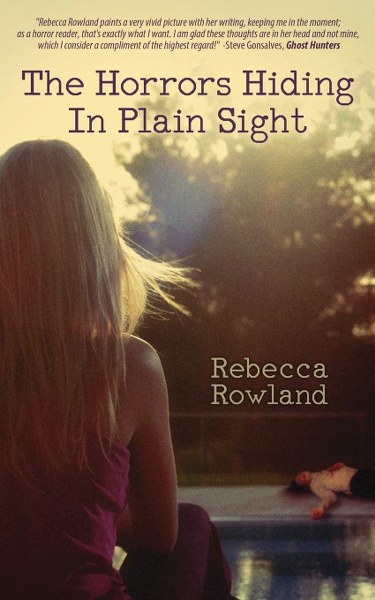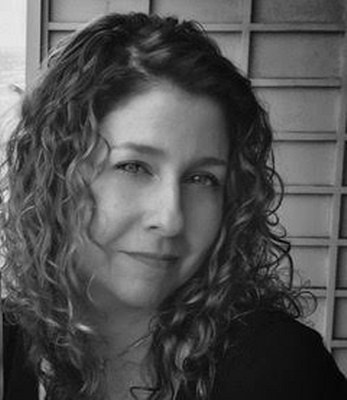Play Like a (Final) Girl: Women Who Write Horror by Rebecca Rowland
I have trouble looking at you the same way. That is what the gentlemanly and sincere co-worker said to me after reading a few of my short stories. He may have been blushing a little. I don’t know: as a painfully introverted soul myself, I could feel my own cheeks redden and I had to look away. He didn’t mean the comment in a misogynistic or patronizing way, and I truly believe he would have said the same thing to a male colleague, but it made me wonder: is this why women writers are sometimes stigmatized in dark fiction writing? All that sugar and spice can get very messy when it mixes with blood and pulp; is writing horror—gasp—unladylike?
Before you scoot closer to the fainting couch, readers of the fellow double-X chromosome, let’s get real. Men have been the primary authors of scary stories since The Ancient Greek Hesiod’s rendition of Kronos gobbling up his offspring. Truth be told, men have been the primary authors of every genre, at least for text accepted as canon. Mary Shelley may have wiped the floor with her competition that stormy night in Lake Geneva, but it was decades before readers accepted that she, and not her poet husband, was the author of Frankenstein. More recently, Shirley Jackson, Anne Rice, Octavia Butler, and Joyce Carol Oates have made significant slashes in the genre’s glass ceiling. So why is it that all but one of the initial-named writers who submitted stories to horror anthologies I edited women? I myself am guilty of the trend. When I presented my first story under my own name for publication, I listed myself as R.J., not Rebecca. You may say that’s self-hatred, my own gender bias worming its way into a self-defeating prophesy, but I say it’s realism. Half of me was afraid that male readers would not trust my storytelling; the other half was afraid of how people might judge me for my content.
As an editor, I’ve fielded stories from men. I’ve fielded stories from women. I’ve fielded stories from non-binary writers. I can tell you that when it comes to creepiness and gore, we gals hold our own, and it’s not all gothic romance, either. There’s some of that, sure, but women are emerging as powerhouses of folk horror, dark sci-fi, splatterpunk, and psychological thrillers as well. Alma Katsu’s novel The Hunger and Julia Ducournau’s film Raw are stomach-churning funfests, and the feminist vampire creep flick A Girl Walks Home at Night by Ana Lily Amirpour and not-for-arachnophobics novel Silk by Caitlin Kiernan will keep you on guard long after the story has finished.
I changed my submission name back to Rebecca after a publisher accepted the query for my first short story collection, but even then, I had my doubts. Would readers trust that I could play like the boys? And furthermore, what would my day job colleagues think of me if they read the content? The turning point came when I was halfway through writing “Bent,” a tale of a rigger, a man who achieves sexual pleasure through tying his partners up, who becomes consumed by his obsession. In the middle of doing research about the stages of body decomposition, I texted my publisher. I can never show this story to anyone, I wrote. You can’t worry about what other people are going to think, he replied. I trusted him, and it became the best reviewed piece in the collection.
As far as those people who will have trouble looking at me the same way after they read my fiction? Now-a-days, I take it as a compliment, and I encourage other women to do the same. It’s a formidable thing, to be able to manufacture terror with just your mind. When poet Audre Lorde warned, “Women are powerful and dangerous,” I don’t know if she was thinking specifically of other women who write, but I can only imagine what she’d say about women who write horror. We are powerful and dangerous, and that’s ladylike in the best way possible.







No comments:
Post a Comment